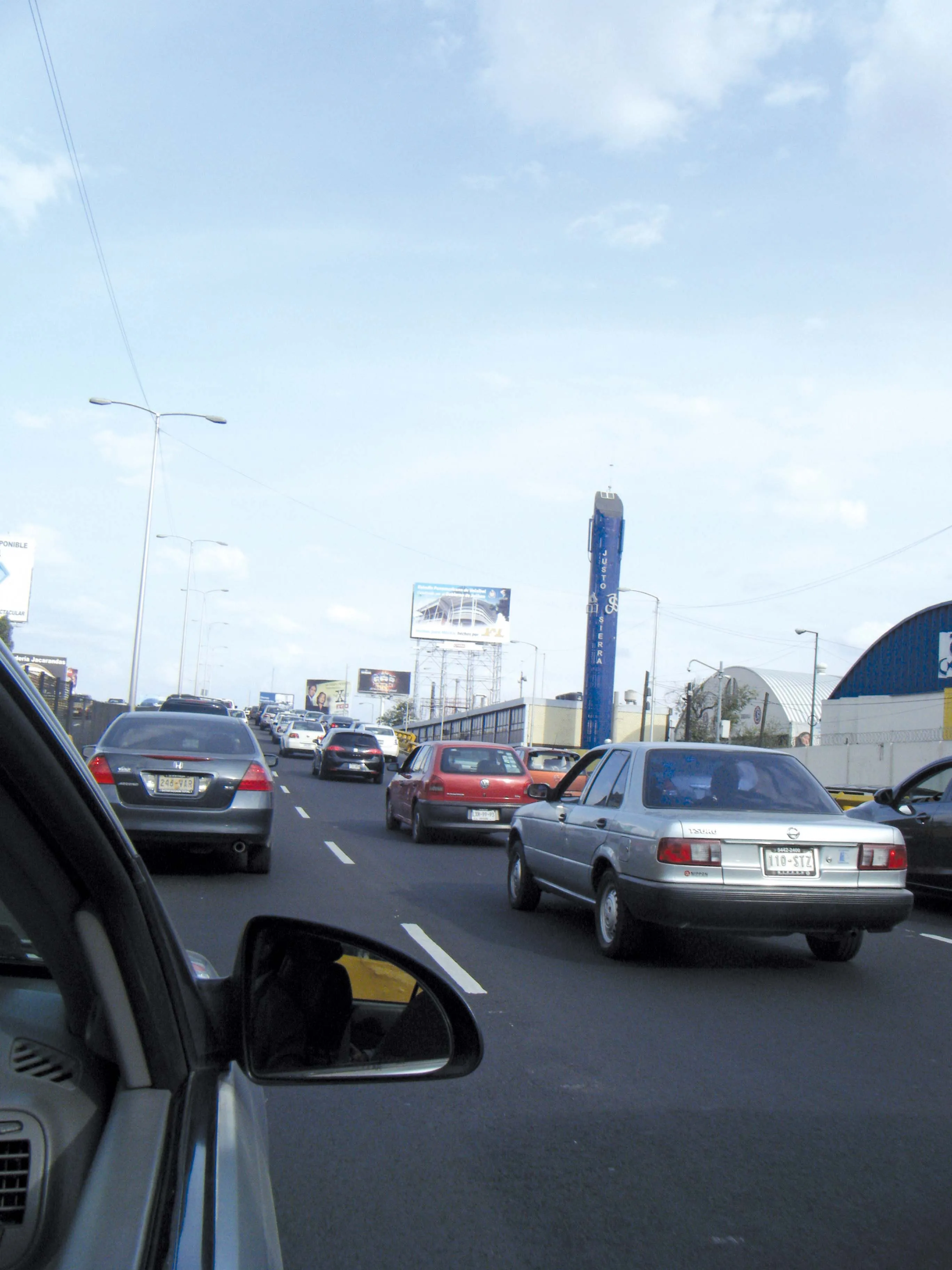New data from the World Health Organisation's (WHO) 2013 global status report on road safety highlights a serious problem in Turkey. According to the WHO’s research, road crashes result in some 8,700 deaths/year on the Turkish network. The highest health risk for those aged from 15-29 isroad crashes. The report also stated that 50% of the victims are motorcyclists, cyclists and pedestrians and 75% are males. Excessive speed results in 34% of traffic accidents. However, the report claims that fatal crashes c
December 11, 2013
Read time: 2 mins

New data from the 3263 World Health Organisation's (WHO) 2013 global status report on road safety highlights a serious problem in Turkey. According to the WHO’s research, road crashes result in some 8,700 deaths/year on the Turkish network. The highest health risk for those aged from 15-29 isroad crashes. The report also stated that 50% of the victims are motorcyclists, cyclists and pedestrians and 75% are males. Excessive speed results in 34% of traffic accidents. However, the report claims that fatal crashes could be decreased by 30% if drivers reduce their speed by 5%. Over 50% vehicles do not maintain Turkey’s 50km/h urban speed limit. In the last 30 years, 385,000 people have died in car crashes in Turkey. For protection against accidents caused by high-speed, seat belts are most important. Use of seat belts in Afyonkarahisar increased to 60% from 7% and in Amasya from 9% to 70% in a year following safety campaigns and greater enforcement measures. As a result, fatal incidents in Afyonkarahisar decreased 35% and in Amasya by 52%.





